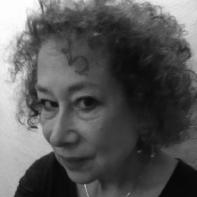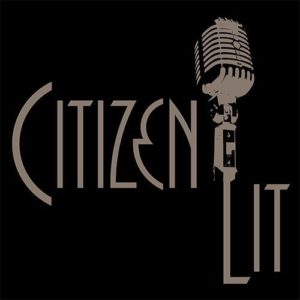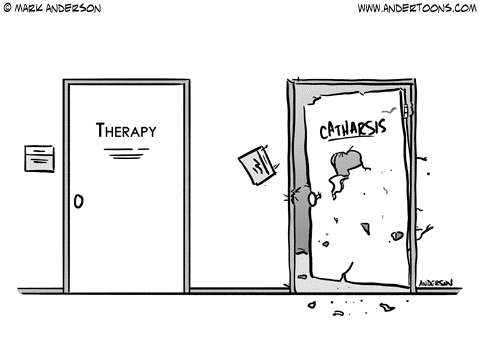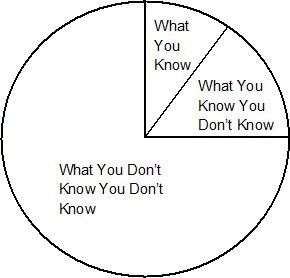Note: Since time of writing, Brett Kavanaugh has been confirmed as a Justice of the Supreme Court.
This month we endured the grueling twin testimonies of Dr. Christine Blasey Ford and Judge Brett Kavanaugh and are facing a very likely confirmation of (another) proven liar to the Supreme Court. It’s been rough. It seems impossible to think about anything else, or to experience anything other than continuous retraumatization. I’ve been working on a book of poems dealing with my own embodied trauma rising from the steam of a decade of forgetting and then remembering, then remembering, then remembering. And asking myself over and over – who is culpable, who invited what, what was forgotten in the darkness, in the not-negotiating? Interrogating the lines, yes, the blurred lines. I have written a book, considered every angle, plumbed my most vulnerable memories. I thought I was strong, self-congratulatory even. I remember telling a friend: I was raped, but I don’t let it determine my life.
These two weeks, I have triggered my own trauma over and over again, looking at the New York Times first thing every morning, checking Twitter every few minutes, calling and writing senators, building and bleeding rage. I’m so angry all the time. I can’t sleep. I lie awake and try to breathe. I go the gym to try to out-aggro myself. I need to feel strong but I’m exhausted. I’m so goddamn mad.
I’m supposed to be planning poetry readings this Fall to sell a few copies of my chapbook, to feel and act like a poet, but it feels so distant. The first reading is in mid-October, on my wedding anniversary. I had completely forgotten about the anniversary and now it seems almost beside the point. I have no interest in conversations with men, even my husband. I want to explode in elemental heat and gravity and destroy this corrupt world. The privilege of all of this (gym, marriage, news subscription, white woman rage) is astounding. I want to crawl into a hole and die. I steam like a volcano. I see a poll that shows a majority of white women believe Brett Kavanaugh over Dr. Ford. I don’t sleep. My mother tells me that she doesn’t think that men should be judged by what they did in high school. I argue with her, then leave. Senator Susan Collins argues the importance of the #MeToo movement then votes for Kavanaugh’s confirmation. My throat is always closed. I can’t stop talking about the injustice of this nomination. I try to tell myself to be prepared for the obvious outcome. Thirty years ago, Anita Hill came forward against Judge Clarence Thomas and was dragged. Need I say it? Donald Trump is president. Here we are today. I steam.
I am also worried that if I read any of the poems I’ve been writing that I will cry, that I will make someone else cry, or worse, I will show that I was wrong, not wronged. All these years later, I still have the internalized misogyny of a lifetime of being told that I put myself in a place where I was vulnerable, and I invited what happened. My mom asked me why I didn’t report it. I don’t know where to begin. It took a decade for me to realize that it happened. I don’t want to share the details, so I leave. I am a coward in my own life. Am I a coward in my own life? A poet recently tweeted that she would not be reading poems of sexual trauma at an upcoming reading because everyone deserves a break. I wonder if I should do the same. But if I don’t read the poems I’ve been writing, why am I reading? If I read them and people are upset, or I am upset, or create a sense of catharsis, am I being performative and insensitive? If I center myself, in my privilege and whiteness, am I perpetuating injustice? I feel sick. I steam.
When I started writing this, I determined that I would write a helpful post about battling imposter syndrome, overcoming doubts of self-worth, and getting over self-promotion anxiety. Work with your friends! Reach out to trusted members of your community! You are worthy! I deleted all of it. It felt so hollow. On Twitter, women post #WhyIDidntReport. I feel like shit every day. My mom wants to talk to me. If I don’t read these poems, how will I reckon with any of this? Is this ultimately the most selfish act – wanting reckoning, wanting catharsis, wanting wanting? My friend and poet Emma Bolden tweeted a gif of a wolf growling, baring her canines. The growl is practically audible. Caption: “YUPPPPPP actual image of me rn.”
Me too. Me too. Me too.
 Today we are pleased to feature author Sherril Jaffe as our Authors Talk series contributor. Sherril discusses her opinions on art and its relationship to character. In particular, she explains the multifaceted purpose of art and how it is interested in the truth, which is currently under assault.
Today we are pleased to feature author Sherril Jaffe as our Authors Talk series contributor. Sherril discusses her opinions on art and its relationship to character. In particular, she explains the multifaceted purpose of art and how it is interested in the truth, which is currently under assault.


